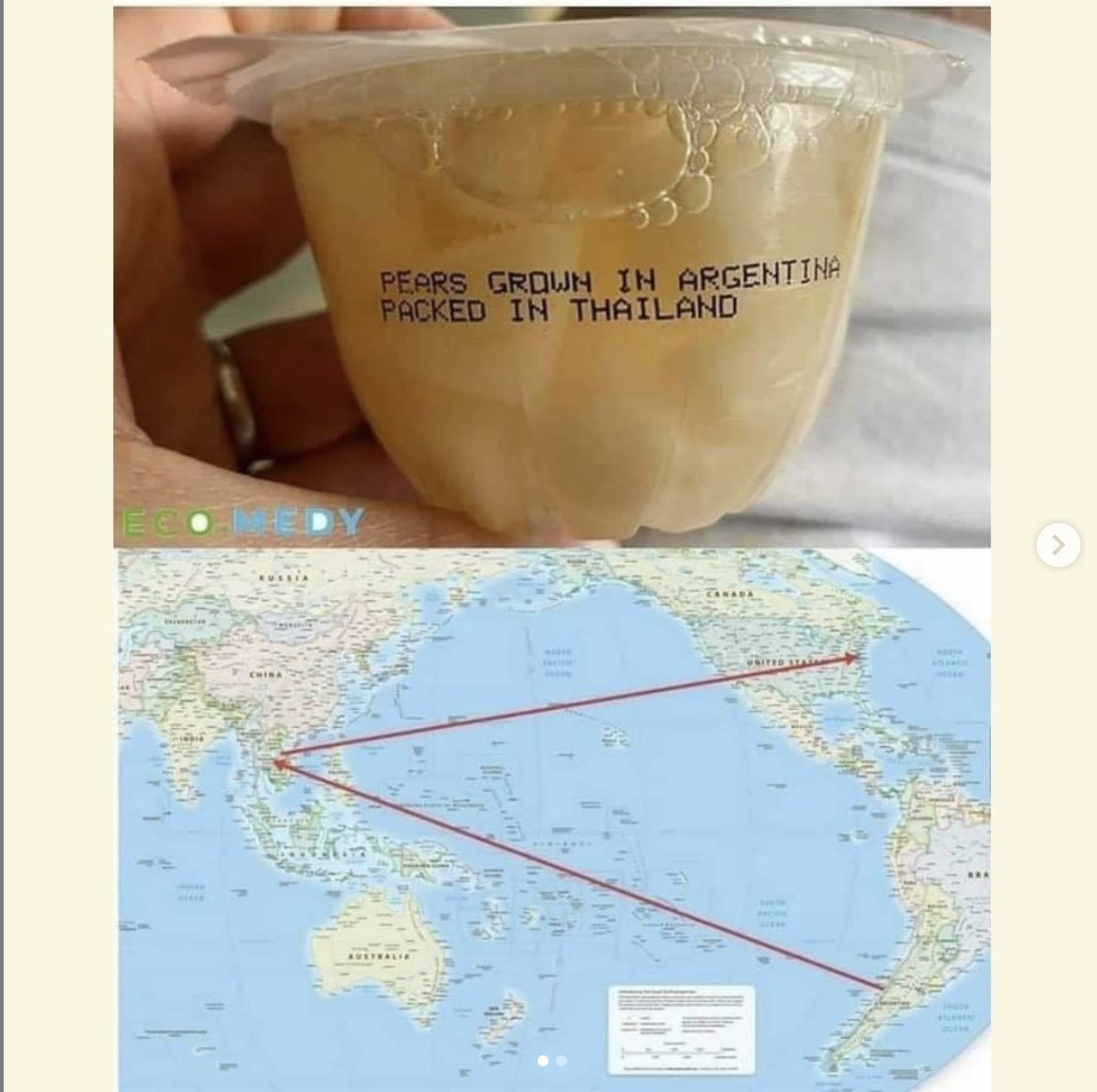
NYU Asst. Professor of Environmental Studies. Climate, animals, land use, and food systems.
How to get URL link on X (Twitter) App


https://twitter.com/jan_dutkiewicz/status/1769721627648864465







 The entire article focuses on its 2 biggest players. For Beyond, sales & stocks are down. Impossible private trades are down but sales are up. This doesn't seem like death, it seems like a bump. And it could have reasons that have nothing to do w/ death of an entire sector. 2/
The entire article focuses on its 2 biggest players. For Beyond, sales & stocks are down. Impossible private trades are down but sales are up. This doesn't seem like death, it seems like a bump. And it could have reasons that have nothing to do w/ death of an entire sector. 2/

 Can we stem diseases from animal agriculture without changing meat consumption? And why am I, an environmental scientist, publishing in epidemiology? The answers to both of these questions are related. 2/
Can we stem diseases from animal agriculture without changing meat consumption? And why am I, an environmental scientist, publishing in epidemiology? The answers to both of these questions are related. 2/


https://twitter.com/ArizonaMuse/status/1457688485649858572Her core premise is that cows belch more because we put them in a factory. And industrial cattle farming causes a lot of pollution. But it *decreases* GHG emissions (relative to pasture-raising them). Per the US EPA (last row):





 Plenty of other folks on twitter & traditional media have summarized the @IPCC's wider findings well: global warming is real, unprecedented, and caused by us - primarily because of burning fossil fuels for energy. Land use & food production's contributions are are substantial too
Plenty of other folks on twitter & traditional media have summarized the @IPCC's wider findings well: global warming is real, unprecedented, and caused by us - primarily because of burning fossil fuels for energy. Land use & food production's contributions are are substantial too

 That wasn't the finding of the Carbon Majors report. What they found was that 100 companies produce 71% of *industrial carbon emissions*, mostly from fossil sources. But that leaves out gigatons of *non-industrial* GHG emissions.
That wasn't the finding of the Carbon Majors report. What they found was that 100 companies produce 71% of *industrial carbon emissions*, mostly from fossil sources. But that leaves out gigatons of *non-industrial* GHG emissions.

 1. The first and biggest warning is the lack of attribution. Who took the photo? And how do we know it corresponds with the map on the bottom. Photo could have been taken in SE Asia, but the meme creator assumes & implies it's an American-sold product.
1. The first and biggest warning is the lack of attribution. Who took the photo? And how do we know it corresponds with the map on the bottom. Photo could have been taken in SE Asia, but the meme creator assumes & implies it's an American-sold product.